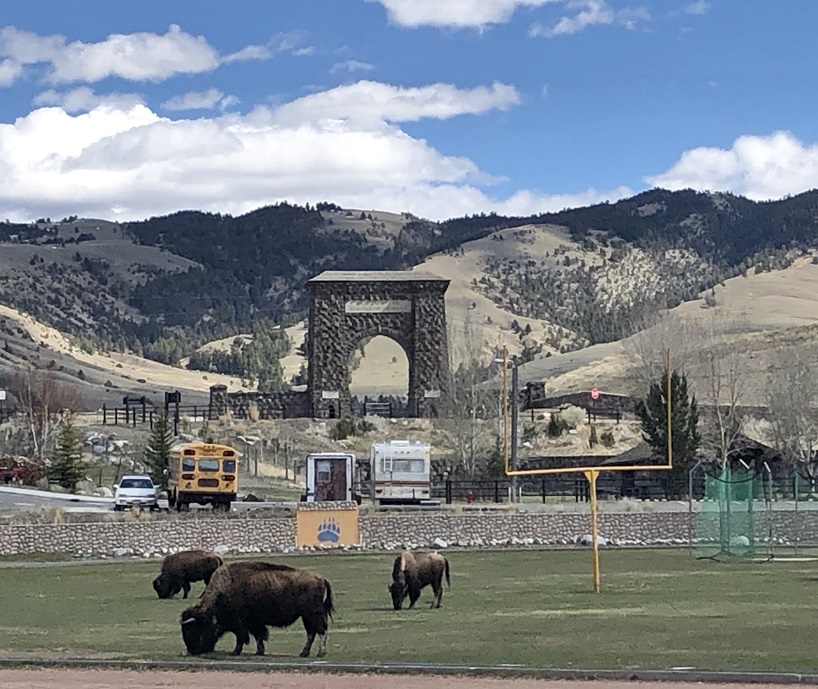
North Yellowstone Education Foundation: Teacher Housing Initiative a Creative Solution to Profound Education Obstacle
The North Yellowstone Education Foundation (NYEF) exists to address the unique issues of Gardiner, Montana schools. Gardiner is beautiful with Yellowstone National Park as its breathtaking natural backdrop. But such beauty comes at a cost: housing costs are prohibitive, affecting student enrollment and teacher recruitment.
When parents can’t afford housing, they’re forced to move to a more affordable town. That means fewer students remain in Gardiner, which means less funding for education. Meantime, high housing costs make it difficult to attract teachers to this small rural community with a population of only 833 residents according to the 2020 census. The NYEF came to the realization that a creative solution needed to be found to the housing crisis if they were ever to provide a quality education to Gardiner children. Recognition of this profound obstacle to education led to the establishment of the NYEF Teacher Housing initiative.
It is this sort of outside-the-box thinking that is exactly what is needed to save Gardiner schools. The need is critical for the young people of this community, whose parents are mostly employed at Yellowstone. There must be good educational options for the children of those who serve our national parks. NYEF has made great strides in providing exactly that for the children of the Greater Gardiner area. Other rural communities might well benefit by following the good example of the people of Gardiner, Montana.
We put some questions to North Yellowstone Education Foundation Director Laura Chastain, and hardworking NYEF volunteer Katie Getz, to find out more about the work of this, our latest small grant recipient:
Kars4Kids: Tell us about your community and its unique location? How do they impact on the children and their schools? How has the community responded to the educational needs of local youth?
Laura Chastain and Katie Getz: Gardiner, MT is a small rural town located at the year-round northern entrance to Yellowstone National Park. The school community comprises Gardiner residents, Yellowstone National Park residents, and as far as 40 miles north of Gardiner, because their parents work in Yellowstone. Gardiner’s proximity to Yellowstone significantly impacts the housing market, with housing costs of over $800,000 for a single-family home. Also, long-term rentals are being replaced with short-term vacation rentals. The lack of available and affordable housing has led to decreased enrollment at the local school and difficulties in hiring educators. The community is working to address the housing issues in a few ways. Local businesses are creating housing for their staff, some residents are building ADUs (accessory dwelling units) to offer longer-term housing; NYEF is actively pursuing housing units for the school; and HRDC is also developing new long-term housing in the area. Yellowstone National Park recently received $40 million to address their housing challenges within Yellowstone.
Over the last ten years, local families have been priced out of Gardiner. This has led to a decrease in Gardiner Public Schools (GPS) enrollment, reducing funding. North Yellowstone Education Foundation (NYEF) began as a parent group in 2016 to help find additional funds for GPS. Our mission is to work with the community to build sustainable support and enhance innovative educational opportunities for students, teachers, and community members in partnership with Gardiner Public Schools. NYEF has created three main program areas to provide this support: Connect! Grants, Teacher Housing, and Mental Health.
Connect! Grants is our classroom grants program in which teachers from Gardiner Public Schools and the local nonprofit childcare and preschool programs can apply for grants to support classroom programs, projects, supplies, etc. NYEF’s Teacher Housing initiative aims to provide long-term affordable housing for GPS teachers and staff to ensure that the children have access to quality education. We currently have six individual housing units, all occupied by GPS staff and teaching interns. Our Mental Health Initiative is a collaborative effort with Rural Resilience to provide mental and behavioral health support to GPS and the Gardiner community.
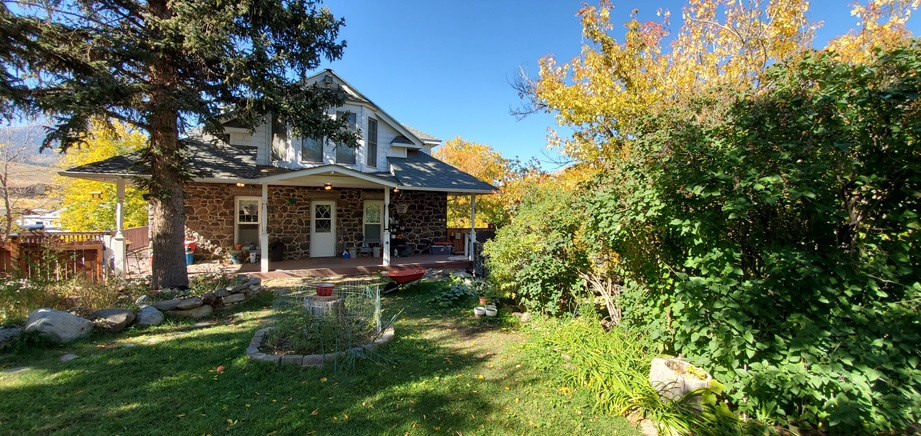
Kars4Kids: Gardiner public schools are funded by tax dollars. Presumably, your foundation is addressing a shortfall in funds. Has enrollment played a part in this shortfall? How many students are currently enrolled in your schools?
Laura Chastain and Katie Getz: Yes, several factors have led to decreased enrollment at Gardiner Public Schools over the last decade. Our community’s most profound issue is the lack of affordable housing, which has negatively impacted enrollment at GPS as families cannot afford to live here.
Additionally, our community has experienced several disasters over the last few years, including a 100-year historic flood in 2022, which destroyed the road between Gardiner, MT, and Yellowstone National Park. Coming off of the COVID-19 pandemic, this flood added to the stress of living in a remote, rural area with limited resources for families and students.
While these challenges exist, several organizations are working to address the lack of family housing in Yellowstone National Park and Gardiner, MT. We anticipate this will lead to increased enrollment at GPS. Currently, we have 149 students enrolled in grades K-12 at Gardiner Public Schools.
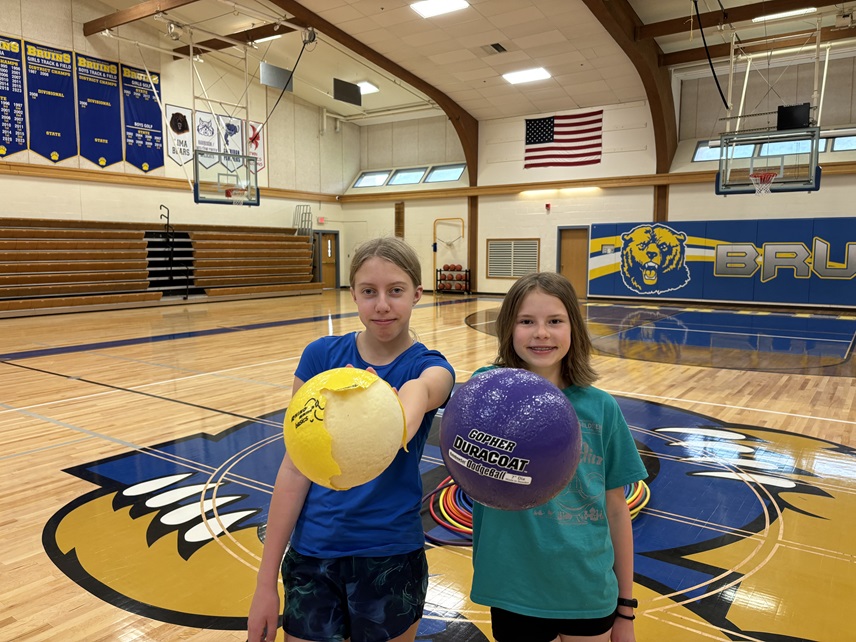
Kars4Kids: What educational needs are beyond the ability of the Gardiner school district to provide? What has the foundation managed to accomplish since its founding in 2016?
Laura Chastain and Katie Getz: Since its founding in 2016, North Yellowstone Education Foundation has raised $2.4 million in funding to support Gardiner Public Schools and other local nonprofit educational programs. In 2018, NYEF purchased and remodeled a three-story bed and breakfast, turning it into three separate housing units for teachers. We provide these housing units at affordable rates to ensure GPS can hire and retain quality educators. This year, with the support of a generous donor, we secured two additional housing units for GPS staff.
Specifically, we have allocated $155,000 for Connect! Grants: $430,880 for mental and behavioral health support for Gardiner Public Schools, and nearly $1 million for teacher housing.
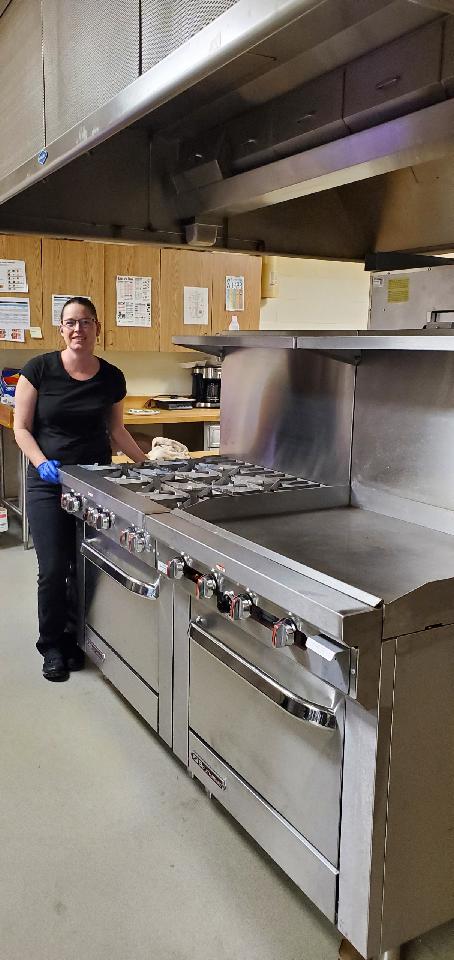
Kars4Kids: Can you give us an overview of your classroom grants program? What are some of the projects you’ve funded through this program?
Laura Chastain and Katie Getz: Connect! Grants is our classroom grants program that funds equipment, curriculum, and experiences for Gardiner Public School students and staff. The goal of the Connect! Grants program is to support projects that fill educational gaps; allow teachers to feel supported; and reach a wide range of students. The Connect! Grants program also helps teachers and staff learn more about the grant process so they can successfully apply for other grant funding independently.
What makes Connect! Grants such a special and unique program is that these grants are community-driven, meaning they respond to community needs, and community members are heavily involved in the grant process. NYEF recruits volunteers for our grant selection committee to review and evaluate grants quarterly through a standardized process. Involving the community in the grant making process is our way of ensuring that they are invested in the needs of the local school district and our youth.
NYEF supports a wide variety of programs through Connect! Grants. During the 2023-2024 school year, we supported a total of 15 grants for a total of just over $60,000. Connect! Grants funds equipment and supply purchases such as new gym and weight room equipment, marching percussion instruments, and additional cubbies for the local preschool. NYEF Connect! Grants also supported several mentoring programs, such as the Bruin Buddies Reading program and the Farm to School program. We also provide support for field trips, conventions, and training. Last year, Connect! Grants funded 16 students to attend and compete in the Academic Worldquest event in Missoula, MT. One of the largest Connect! Grants for the 2023-2024 academic year was $20,000 for a math and reading intervention teacher for elementary students.
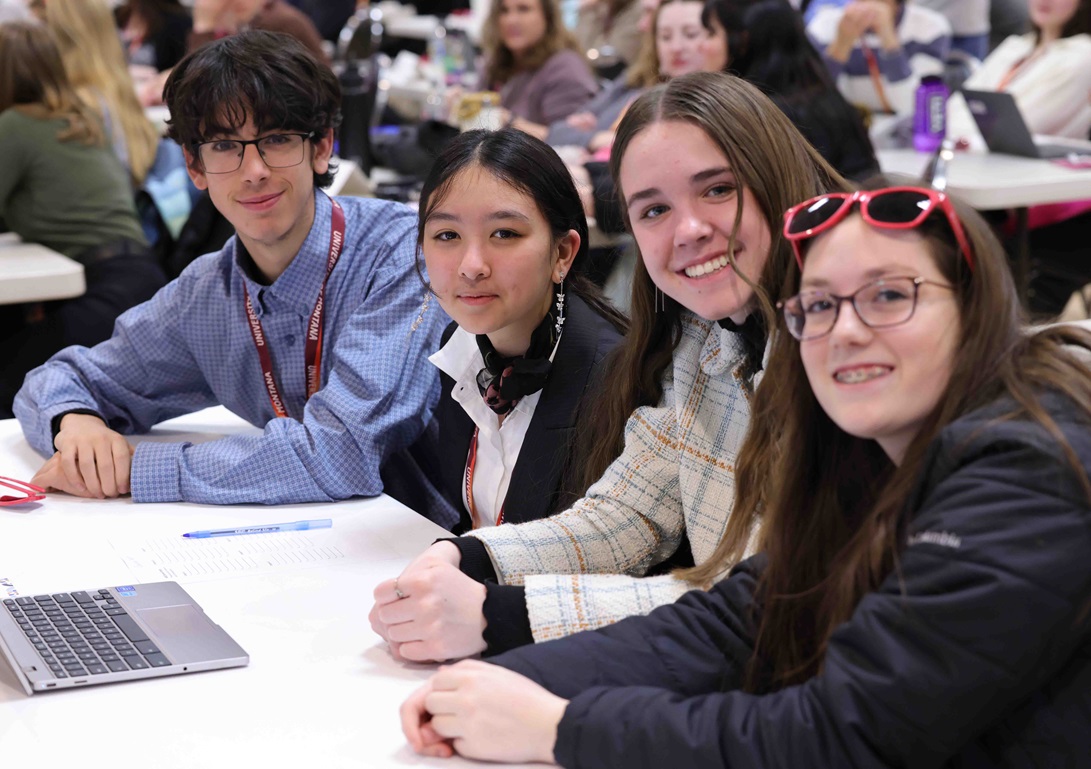
Kars4Kids: How would you describe the Rural Resilience program? Why has the foundation decided to lend its support to this project?
Laura Chastain and Katie Getz: Rural Resilience is a nonprofit organization that provides services and support to youth and families in five rural communities in Park County, Montana. Services are provided by a behavior analyst and collaborative community networks that otherwise would not be accessible due to geographical, socioeconomic, and historically rooted barriers. Rural Resilience has successfully helped students and families overcome mental health stigma in many rural communities.
We believe in Rural Resilience’s mission and have seen exceptional results at Gardiner Public Schools through their behavior analyst, Bridget Kelley. In a rural community such as Gardiner, mental and behavioral health resources can be challenging to secure, and Bridget does an exceptional job with our students.
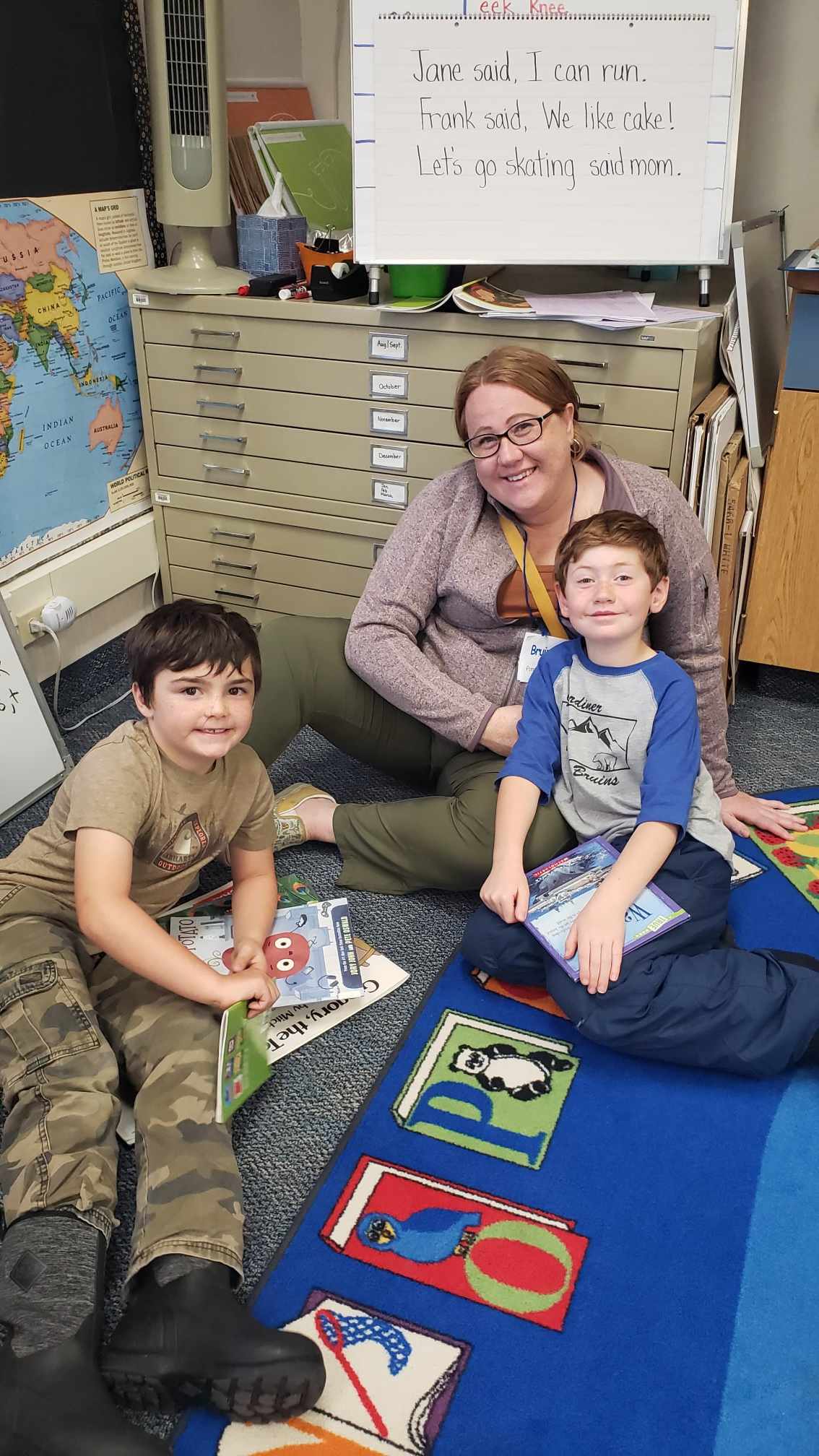
Kars4Kids: Is it difficult to retain teachers in a rural community? What has the foundation done to ensure that Gardiner can attract and hang onto high-quality educators?
Laura Chastain and Katie Getz: The retention of qualified teachers is not as challenging as the initial recruitment. Due to the skyrocketing housing costs in our area and the lack of long-term rental properties, hiring new teachers has become incredibly difficult. NYEF is working to address this issue by providing affordable housing options for educators. Last fall, we made our final mortgage payment on a 3-story 1908 bed and breakfast that has been remodeled into three individual units. Currently, 4 GPS teachers are living in this house. This summer, with the help of a generous donor, we were able to offer two additional units to GPS staff. We are continuously searching for opportunities to secure affordable housing as GPS is expecting the retirement of several teachers in the next few years.
Kars4Kids: Tell us a bit about your advisory council. Who are they and how do they affect the work of the foundation?
Laura Chastain and Katie Getz: NYEF has only one paid staff member and one part-time contract person to navigate all the foundation’s aspects. Our advisory council is made up of many local residents who have stepped up when their specific expertise is needed. Examples include legal contracts, buying houses, and navigating construction issues. When we have questions we cannot answer, the first call our director makes is to the advisory council member with that specific expertise.
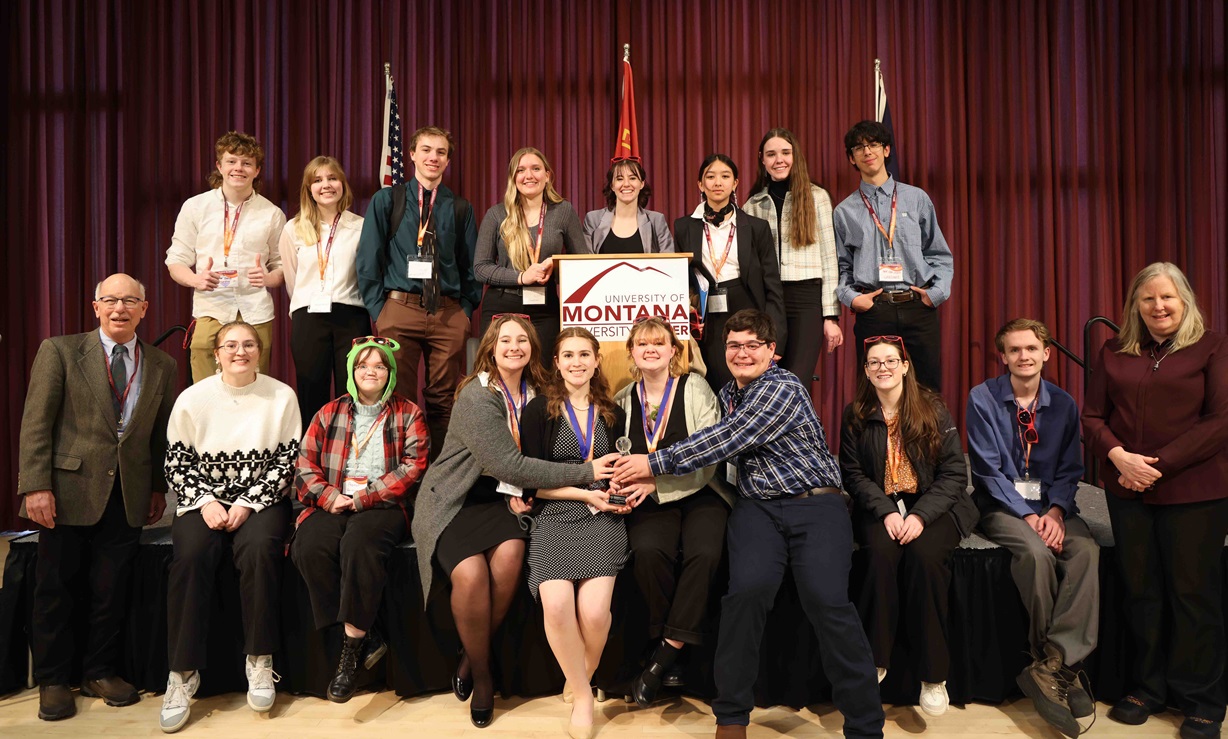
Kars4Kids: How does the foundation obtain funding for its work?
Laura Chastain and Katie Getz: NYEF is very fortunate to have several generous donors who support our programs annually. We hold two main campaigns annually: in July, we partner with Park County Community Foundation’s GIVE A HOOT, and we run an annual year-end campaign. Additionally, we seek funding through grants and we also receive funding from the Gardiner Resort Area District tax.
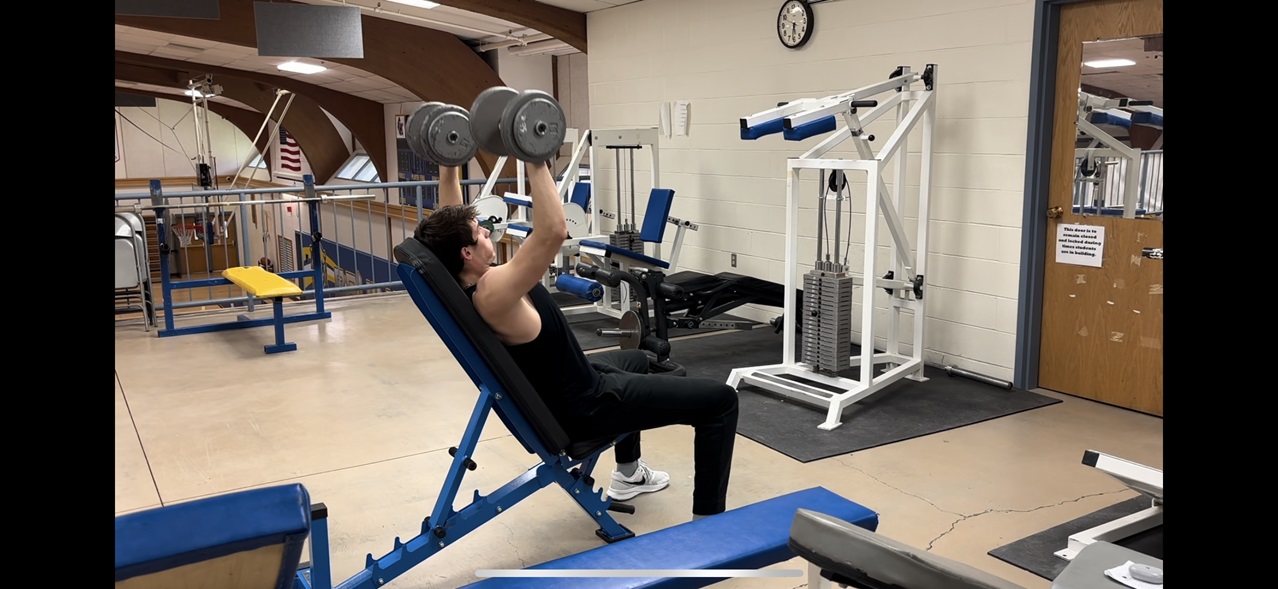
Kars4Kids: What about special education? Has the foundation been involved with providing for special needs students?
Laura Chastain and Katie Getz: This summer, NYEF welcomed the new special education teacher to one of our housing units. Providing affordable housing to this teacher ensured that GPS could hire a quality teacher for the special education department as the former teacher retired.
In addition, NYEF has provided funding to support the school’s Social Optics program, which helps students live their best lives by improving problem-solving, perspective-taking, self-awareness, social communication, and self-esteem. While this program is not specifically for special education, it does focus on helping neurodivergent students find success in social situations and beyond.
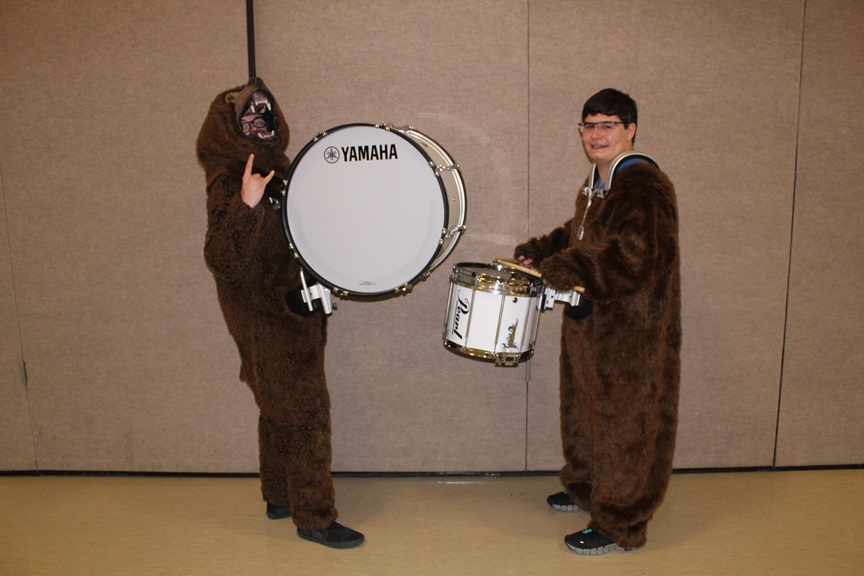
Kars4Kids: What’s next for the North Yellowstone Education Foundation?
Laura Chastain and Katie Getz: The North Yellowstone Education Foundation is dedicated to continuing to support our three main program areas. Our goal is to increase our Connect! Grant and Mental Health support annually. We are diligently working through our 3-phase approach to Affordable Teacher Housing and are actively seeking additional properties to ensure GPS has housing options readily available as several teachers reach retirement age.